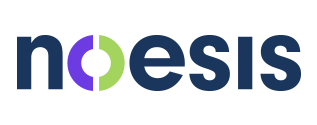Last week we lost an hour of sleep, thanks to daylight savings time. Come Monday morning, most of us were a little more tired, a little less alert and a lot more eager to hit the hay that evening.
But the time change doesn’t just affect our coffee intake, it can physically affect our brains too.
Sleep is important to a number of brain functions. Without enough shut-eye, you’re unable to develop or maintain the neural pathways responsible for learning and creating new memories.
Not only is your brain’s wiring affected by a lack of sleep, according to Johns Hopkins Medicine, when people don’t get enough sleep, their health is also jeopardized. This can include everything from increased risk of illness and infection to compromised immunity and worsening of symptoms of depression, seizures, high blood pressure and migraines.
Studies show that even with just 1.5 hours less of sleep, our ability to be alert diminishes. Further drawbacks of too little sleep include relationship problems, a reduced ability to actively and thoughtfully engage in day-to-day activities and conversations, and an increased likeliness of car accidents due to the brain’s slowed response rate and spotty concentration.
We all know that when we’re tired, we try to conserve as much energy as possible (hello, couch!). That’s true for our brains too. The brain is fundamentally a lazy organ and will happily default to its most comfortable setting – familiarity and routine – which is a problem if your organization is experiencing any form of change. When we’re tired, our brains struggle just to keep up, let alone respond thoughtfully to your change initiative.
The good news is that getting back to a regular schedule of 7-9 hours of restorative sleep can go a long way to maintaining our brain heath. Remember to exercise earlier in the day, reduce exposure to blue-light from electronic devices two hours before bed and cut out caffeine later in the day to help ensure you get the ZZZs you need. Nighty night!
Noesis delivers neuroleadership consulting and training to organizations handling major change and transformation initiatives. We help our Fortune 500 clients permanently and scientifically improve leadership.


Recent Comments